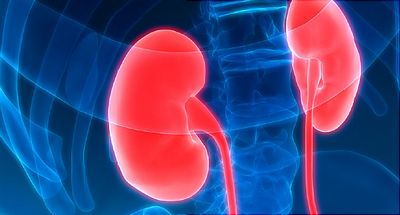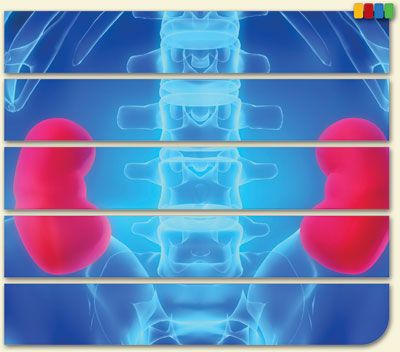
There’s no cure for renal failure, but by careful management with medication it’s possible to prolong a healthy life even into the later stages. Having renal failure isn’t necessarily a death sentence. Most people with renal failure live productive lives and keep up with the things that they enjoy.
The first stage of kidney failure is called ICU or Intensive Care Unit. Once a person has reached this stage there are many dialysis options available. Some of these include dialysis catheterization, IV fluids replacement, IV electrolysis, and dialysis catheterization. If you are diagnosed with ICU renal failure, you should be in the hospital until your symptoms are controlled and your renal function restored.
Renal failure may not be reversible. There are three different types of renal failure: end-stage renal disease, pre-renal failure and non-renal failure. Each type of renal failure has a different set of complications and treatments that may need to be done to save the patient. The best way to know the extent of the illness is to get the tests and make a plan to address the problems.
End-stage renal disease, often called "end-stage renal failure," is an advanced form of renal failure characterized by a gradual loss of kidney function. The kidneys become so damaged that normal urine production is nearly impossible. It is important that patients in this condition go through dialysis. Dialysis removes wastes from the blood. If the kidneys fail, the body must use the remaining dialyzer for waste elimination and then the person will suffer a more serious condition such as heart failure. When dialysis isn’t enough, kidney transplant is often the only solution.
Kidney failure starts as a symptom. There are several things that can cause the kidneys to fail. Some of these include kidney infection, kidney stone, kidney tumor, or kidney tumor growth, and kidney disease itself. In addition, some other complications that can affect the kidney include kidney infection, tumors, kidney stones and scarring that affect the kidney’s blood vessels. Other complications include poor diet, medication interactions with other medications, kidney diseases that affect the kidney such as diabetes, kidney cancer and kidney stones, kidney tumors growing in the kidney, and damage to the kidneys themselves caused by radiation.
Kidney infections can be caused by bacteria. If the infection is in the kidney, it can enter the bloodstream and travel to the lungs. This can cause breathing difficulties and cause kidney failure. If the infection is in the lungs, it can spread to the lungs causing chest pain or other problems.
Kidney stones occur when calcium oxalate or struvite crystals accumulate in the kidney. These crystallize and become hard and difficult to pass out of the body through the urine. The kidney can become damaged when the kidney tries to remove the stone, usually by passing urine too quickly or breaking it up. Kidney infections can cause fever and vomiting and kidney pain if the infection spreads.
There are several non-renal causes of kidney damage including infection and scarring. These cause damage to the kidney tissue, which is called nephritis, leading to inflammation of the kidney walls. You can read more medical information about Nephritis on Beyoung. They also cause a decrease in kidney function and a reduction in fluid intake. When the walls become inflamed, the ability of the kidneys to produce urine and other body functions are affected and can result in pain, swelling and burning in the legs.
If a person has kidney cancer, there are two possible ways for the cancer cells to enter the blood and invade the kidney. One way is by the bloodstream entering the kidney through the blood vessels in the kidney. The other way is by the kidney entering the bloodstream and reaching the cancer cells through the bloodstream. Cancer cells can also enter the kidney through the urinary tract when they travel from the lungs to the kidney. When kidney cancer is present in the kidney it may also create scar tissue called nephrotic tissue.
Kidney tumors can form when the kidneys themselves become infected and start to produce toxins that lead to inflammation and other damage. When these toxins become larger than the size of a pinhead, they can enter the bloodstream and travel to the lungs. When they reach the lungs, they cause coughing and shortness of breath and even cause pneumonia. In addition, kidney tumors can grow very large when the kidney is inflamed and can block the blood vessels in the kidneys.
Kidney tumors can form in the bladder, liver, spleen, lungs or kidneys. Kidney infections can cause severe pain in the abdominal area, nausea, vomiting, loss of appetite and diarrhea, blood in the urine, fever, fatigue and vomiting.

Leave a Reply